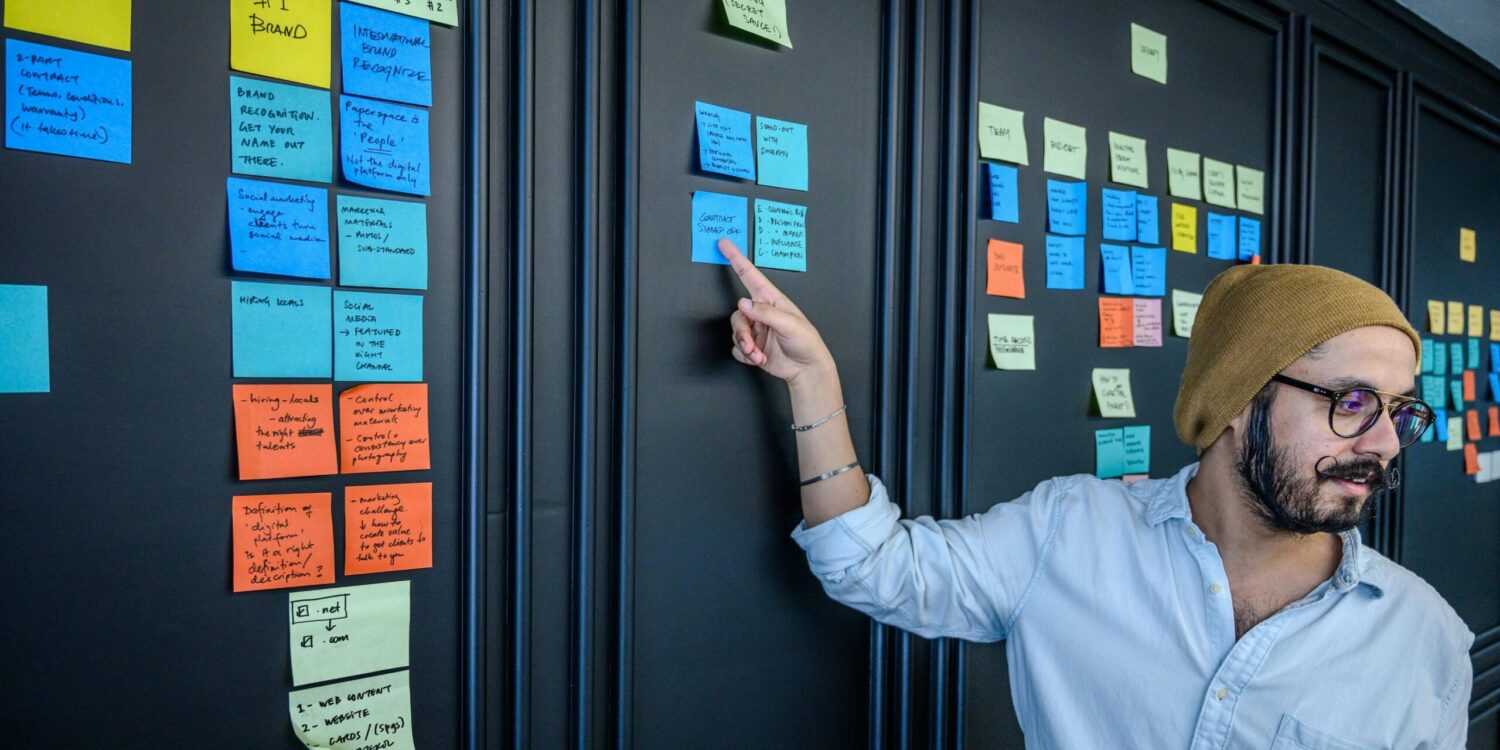
Our Priorities
Digital technology doesn't operate in a vacuum. It is deeply intertwined with our economic system and private companies, government and politics, and social structures. That’s why our priorities cover the key drivers of our shared digital future: culture, policy, markets, and tech itself.
Points of View
We publish our points of view to enable those who work with us—and those who might disagree with us—to understand what we believe and are trying to achieve.




